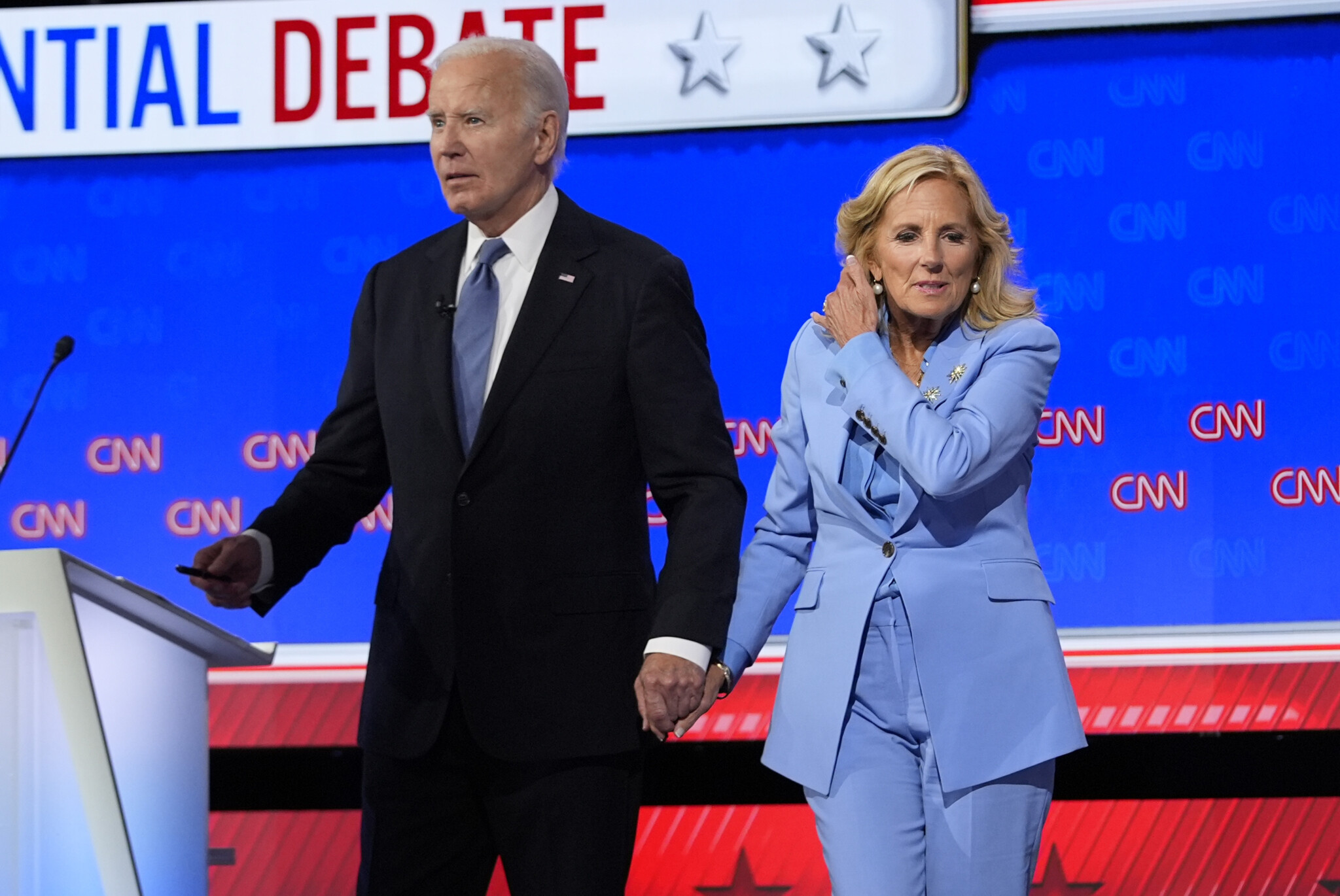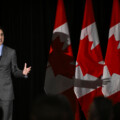It is hard this past week not to wonder what is happening to Western political elites. From Biden’s debate debacle to Trudeau’s by-election blowout to Macron’s parliamentary election meltdown, everywhere, all at once, our governing elites seem to be in retreat if not collapse. It is the ideological equivalent of the Ernest Hemingway maxim about how we go bankrupt: “Two ways. Gradually, then suddenly.” Why is this occurring? And what does it say about the future of our elites?
Much of our thinking about why elites are facing a crisis of legitimacy is itself a narrative constructed by the leadership class in politics, government, and the media. The story is familiar to the reader. Elites today face powerful and destabilizing forces that are out of their control. They are battling mass disinformation and misinformation on social media. Foreign actors are manipulating and poisoning their democracies. Inflation has roiled voting publics, panicking them about rising prices and falling living standards. The “far-Right” is weaponizing migration for crass political purposes. Big corporations and their powerful lobbies are thwarting needed reforms. Climate change is the polycrisis of our time, destabilizing everything from the economy to geopolitics. And so on, and so on…
None of these claims, taken individually, is demonstrably false. But taken together, they show a persistent, if not intensifying, bias among our political elites to blame outside groups and forces for their failures, real or perceived.
This past week’s trifecta of elite blowups in the U.S., Canada, and France revealed just how deep the neurosis of “blame avoidance” currently is within the commanding heights of our politics, media, and governments. The consequences are far-reaching and will reverberate for months to come.
Exhibit “A” of the particular flavour of elite crisis we are now witnessing is last Thursday’s U.S. presidential debate.









